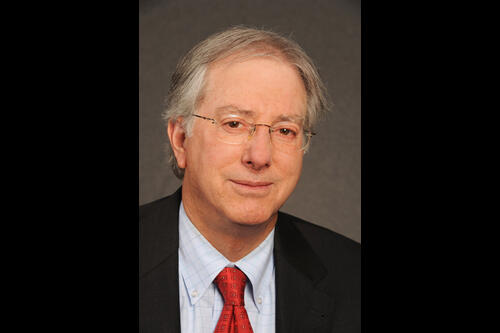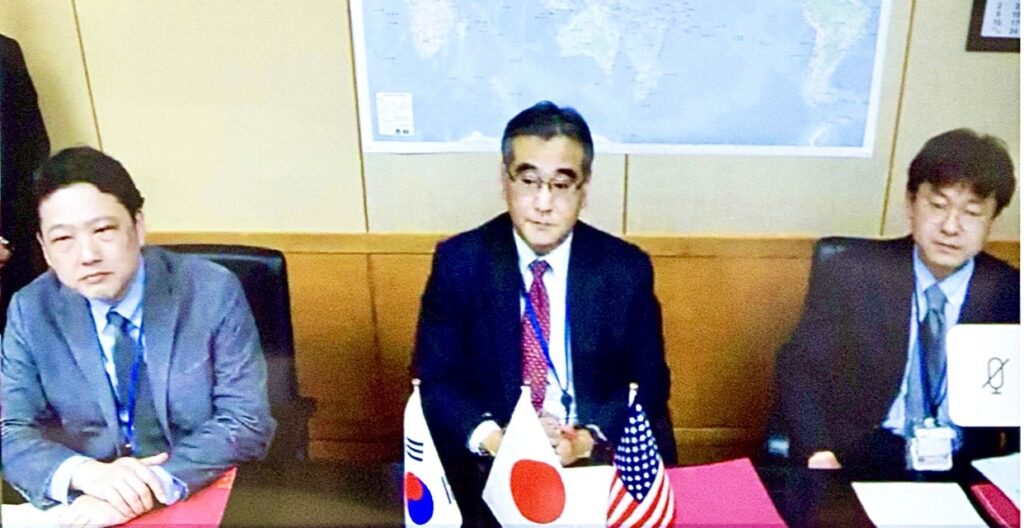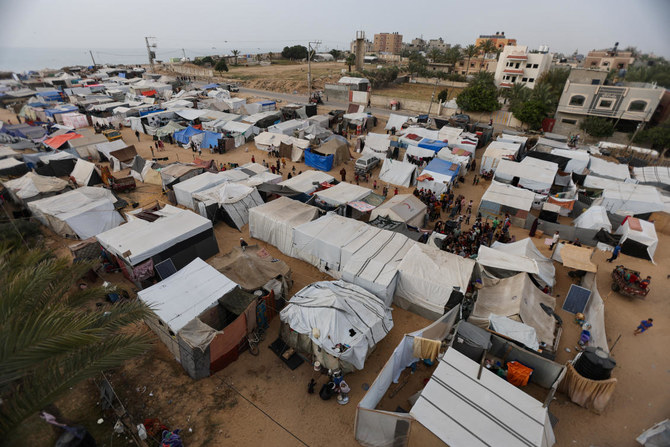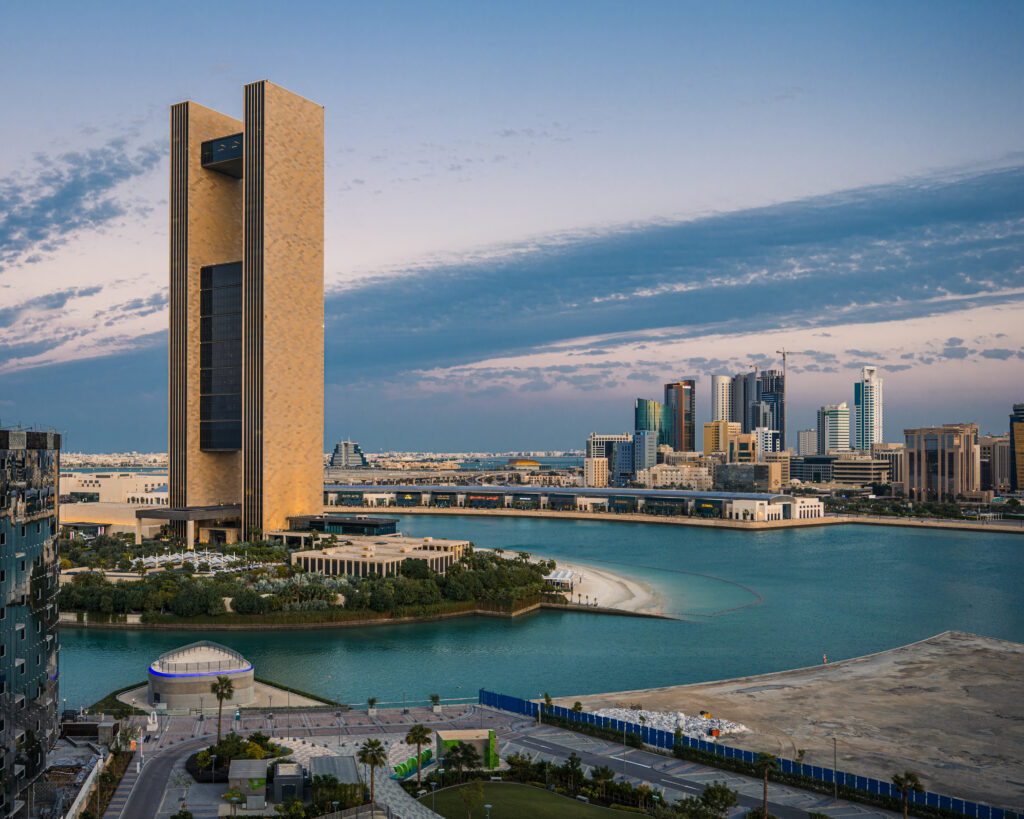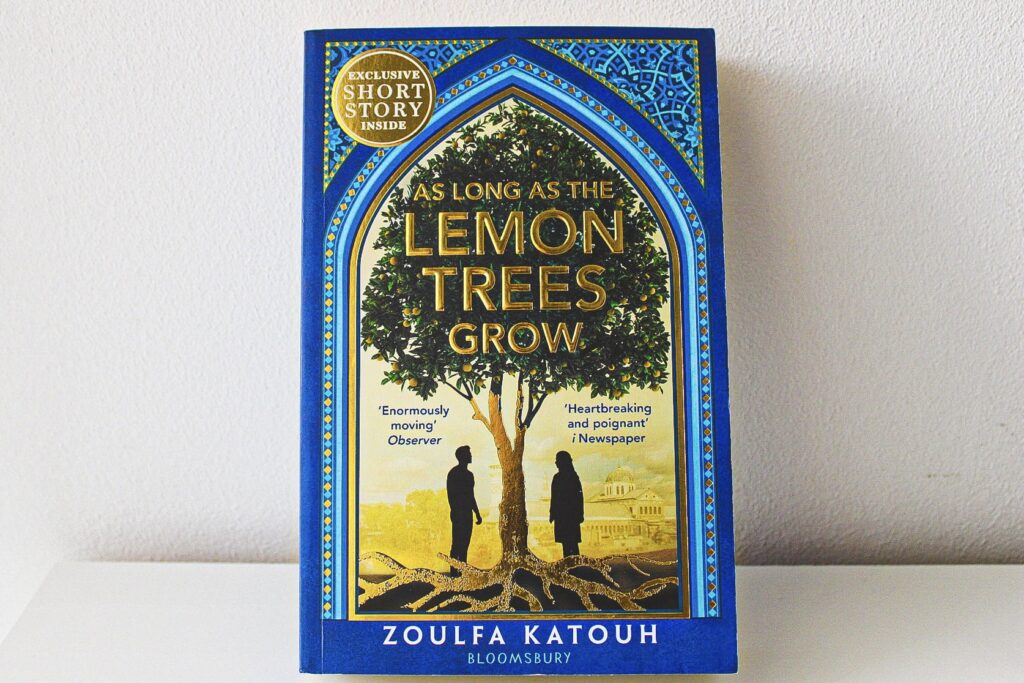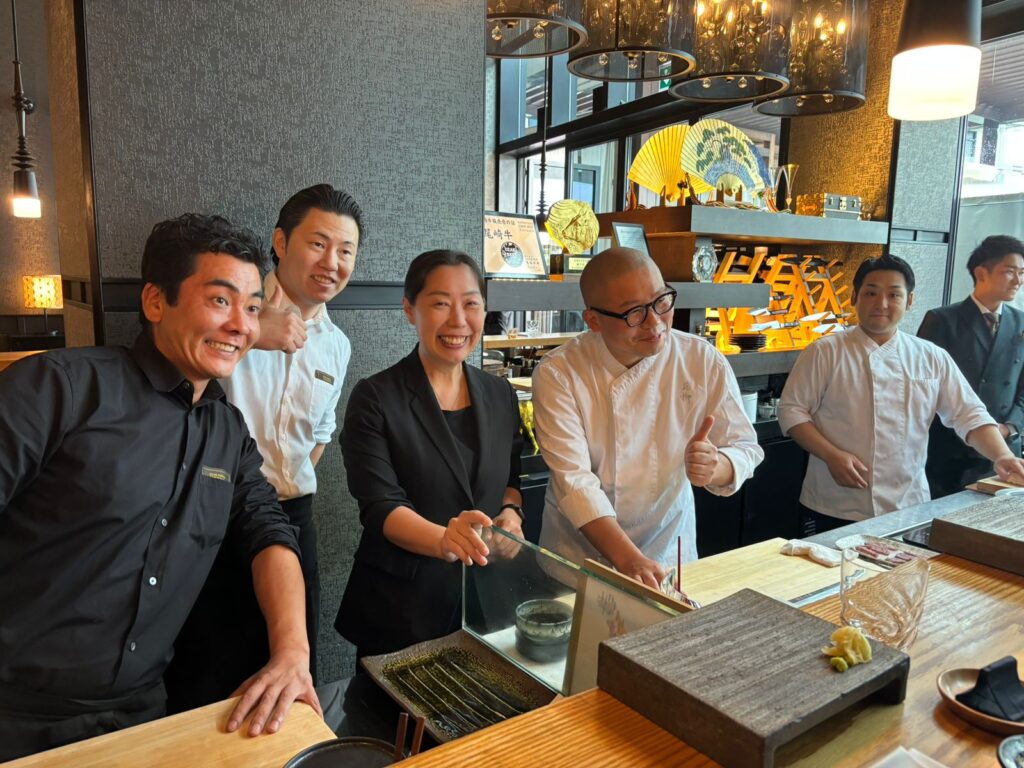Ray Hanania
CHICAGO: Ambassador Dennis Ross, who served as point man for peace under US President Bill Clinton, told Arab News on Wednesday that President Joe Biden’s trip to Saudi Arabia can not only help address America’s economic challenges but also strengthen the groundwork for peace between the Palestinians and Israelis.
Ross, the William Davidson Distinguished Fellow at The Washington Institute for Near East Policy, who also served under presidents George H. W. Bush and Barack Obama, said that what presidential candidates say while they are campaigning and what they actually do once they take office are reflective of their needs at the time, and that Biden’s past criticism of Saudi Arabia is now overshadowed by the importance of the Kingdom to American needs.
“Every American president, when he runs in a campaign, tends to make statements that seem to respond to the needs of the moment,” Ross said during an exclusive interview.
“There were plenty of presidents I worked for that were mindful of what they said in campaigns and then they faced the reality of decisions and choices they had to make. What you say in a campaign may at times limit what you can do.
“But ultimately presidents make hard decisions, they face dilemmas. He made a decision to go to Saudi Arabia because he understood this is something that is important to the United States right now. And I would say not just right now. I would say we are in a competition with Russia and China over what the shape of the international system is going to look like. What are the rules of the game? What’s going to shape the norms. If Russia and China are the ones defining that then you will see spheres of influence where big nations can dictate to little nations what they can do.”
He continued: “The trip to Saudi Arabia is important because the Saudis need to be part of this broader coalition. They need to be part of an American partnership as we try to transition away from fossil fuels. It is going to take a couple decades.
“If we don’t want to see lurches where suddenly the price of oil and gasoline goes up dramatically, we need to have a set of understandings with the Saudis. This is important to us and I think he realizes this and that is why he is making the trip.”
Ross said that Biden’s visit could result in benefits not only for the US but for Middle East peace and for the Palestinians.
“I think it is going to achieve several things,” he said. “It is going to re-establish the US Saudi relationship and, really, a relationship and partnership. It’s important to re-establish that. I think there were tensions on both sides; it wasn’t just on one side, it was on both sides.
“But I think the relationship will be put back on a solid footing and that’s critical. I think we are going to see agreements emerge on 5G and telecommunications. I think we are going to see agreements emerge on the future of Green Energy. This is very much in America’s interests but it is also very much in Saudi interests.
“I think we will see agreements in the security and defense area. I think we will see a much more integrated approach to security in the region. From a Saudi standpoint, that has a benefit of embedding the US more in the region. The more you see greater integration of air early warning, missile defense … the more the US is embedded under the umbrella of Central Command.”
He added that the more integration there is among countries in the region in terms of security and defense, and not only with the US, the more the burden can be shared.
“So, our role, which is going to be more embedded in the region, is also more sustainable as a result,” said Ross. “This is a relationship that meets the needs of both sides and I think we are going to see that emerge from this trip.”
He praised the recent changes and developments in the Kingdom ushered in by King Salman and Crown Prince Mohammed bin Salman.
“Saudi Arabia is transforming itself in a way that addresses the needs not just of Saudi Arabia but it may be creating a model in the region, at least for the Arabs that have never had a successful model of development. That is hugely in our interests,” Ross said.
“The reason we have seen so much turmoil and conflict is precisely because extremists on both ends, whether they were radical nationalists or radical Islamists, they said, ‘We have the answer for the failure of these states to advance.’ And they didn’t, by definition. And here is a new model, at least for a larger state.”
He said that some regional states with smaller populations have embarked on a process of transformation but added: “Here you have a larger Arab state that is undertaking a fundamental approach to modernization. And if it succeeds in that, it sends a message to the rest of the region that there is a different way. There has been a promotion of religious tolerance.”
Ross highlighted the recent choice of Mohammed Al-Issa, a religious moderate, to deliver the sermon for Eid Al-Adha as an important example of the ways in which Saudi Arabia is changing its dynamics to improve the world.
“We had Mohammed Al-Issa give the sermon for Eid,” he said. “Here is someone who made a trip to Auschwitz and who is emphasizing … respect for other faiths and promoting interreligious dialogues. Some clearly attacked him because of what he represents and what he stands for, and he was the one asked by the crown prince to give the sermon.
“It speaks volumes about the changes taking that are taking place in Saudi Arabia. I hope this visit — and some of what is likely to emerge from the visit in terms of agreements in the high-tech area, in the area of renewable energy — I hope some of this will shine a spotlight on the changes that are taking place within Saudi Arabia that have received far less attention than they should have.”
Saudi Arabia has initiated a wide range of social developments and changes which, Ross said, take time to fully realize but can help to undermine the extremist messages that fuel violence throughout the world.
The transformation of any society, culturally, politically or socially, is not like flipping a light switch and suddenly everything changes, he added.
“It has to be a process,” Ross said. “You are dealing with human endeavors. You have generational change taking place and it takes time to create different kinds of habits and different kinds of norms. But what we are seeing is transformation that is pretty remarkable in terms of the speed.
“I have been coming to Saudi Arabia since 1991. I wrote an article in the Washington Post when I went there in 2016, and I said this is a different country than I have been coming to. It is because of what you see outwardly.
“It is completely different in the sense that I am struck by the fact that there is a place in Riyadh called UWalk. And when you walk down that promenade, you see large numbers of Saudis walking and … you are going to cafes and restaurants and women will be the maitre d’s and they will be servers. There is a complete mixing of men and women.”
Ross said he was impressed by the reality of the changes he saw in Saudi society.
“I saw two women — I call this, kind of, the new emblem of the new Saudi Arabia — I saw two women walking, arm-in-arm,” he said. “One woman was completely covered, veiled. The only thing you saw were her eyes. (She was) walking arm-in-arm with a woman completely Westernized: No head covering, no scarf, her hair actually dyed so it stood out. Why was that significant? Because it showed that they were comfortable with each other. For me that is an extraordinary statement.
“So, yes, I see a very different Saudi Arabia. Every country has its worst (aspects) … and yes, there are issues and we should raise them. But a relationship is a two-way street and this visit of President Biden is an opportunity to put the relationship back on the right footing and realize that we have common stakes with each other.
“This is a relationship that reflects the needs and interests of both sides and I am confident the results of this trip (will be that) we are going to be able to pursue those needs and interests much more effectively now.”
Ross, who played a critical role in President Clinton’s efforts to broker peace between the Palestinians and Israelis in the 1990s, said that those two societies are more skeptical of peace efforts today. The normalization of relations between the Arab world and Israel, he argued, can help to break the stalemate that is keeping Palestinians and Israelis locked in a cycle of violence and conflict.
“Even if you had a left-wing Israeli government, you don’t have any capability on the Palestinian side to negotiate an outcome,” he said. “First thing that has to be done is to restore belief in the sense of possibility. There is a lot that can be done from the ground up.
“Here is where Arab outreach to Israel becomes a very useful element in terms of changing the equation. We have a complete stalemate between Israelis and Palestinians but we have a new element in the equation, which is the Abraham Accords on one hand; the normalization process.
“Arab states see not just the security benefits of the relationship with Israel but they are looking at a need for water security, food security, health security, cyber security. Israeli is cutting edge in all of these technologies, it is a world leader in all of these technologies. Arab States, Arab leaders, are not going to deny themselves what is in their interests, because they perceive the Palestinian leadership not being able to move.”
Ross argued that normalization agreements provides Arab countries with leverage they can use to encourage a move toward a final peace accord for the Palestinians.
“Arab state outreach to Israel can also be used to get Israelis to move towards the Palestinians,” he said. “When the Emirates made a decision to fully normalize, they came to the Trump administration and said, ‘We will fully normalize but the price is Israel does not annex the territory allotted to it under the Trump peace plan.’ So they created a reverse linkage.
“The Palestinians have wanted no normalization until after the end of occupation but Arab states are not prepared to deny themselves what is in their interests. But they can use their relationship to say OK, we will make this move but we want to see you take the following step.
“In the case of the UAE they did something that prevented annexation. They prevented a negative. But the Arab states can actually ask for a positive, saying OK, we are taking this step toward you, here is what we would like to see you do toward the Palestinians. That is a way to break the stalemate.”



